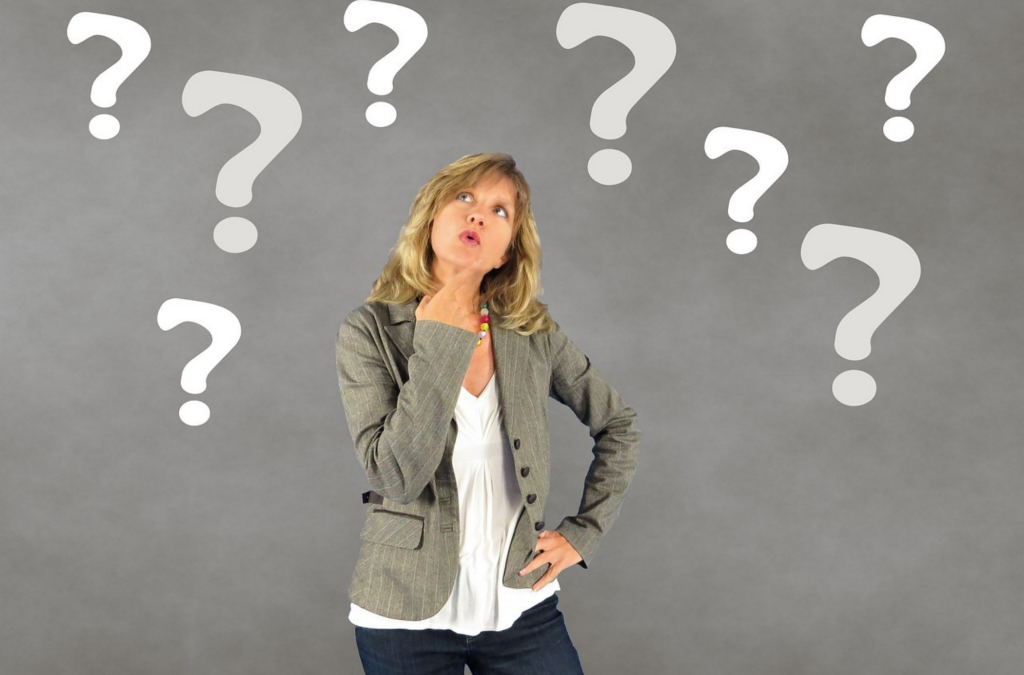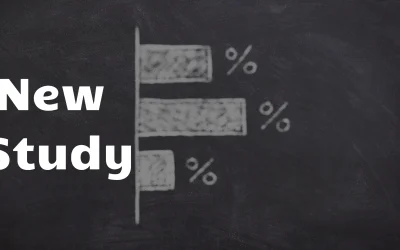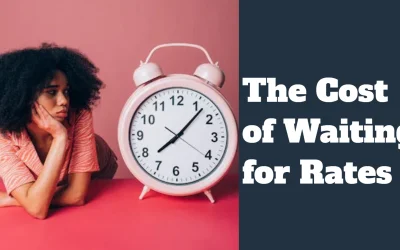Private mortgage insurance (PMI) can be a frustrating extra cost for many borrowers. Most people have been conditioned to believe PMI is a negative feature of loans. This is not true. Mortgage insurance is one of the top reasons millions of Americans have been able to become homeowners and grow their wealth.
Don’t get me wrong; if it makes more financial sense to avoid paying PMI, then you should avoid it. For many homebuyers, however, PMI will allow them to be homeowners without putting them in a risky financial situation.
What is PMI?
PMI is a mortgage insurance product often required on conventional loans if there is less than 20% equity in the property. It is in place to protect the lender if the borrower cannot make their mortgage payment. On Conventional Loans, this can usually be removed when the equity is >20%.
Why do I have to pay it if it is there to protect the lender?
Simply put, lenders would not lend any money on a house if there was less than 20% or more down on the house. The most common barrier to homeownership is a lack of funds for a downpayment and closing costs. The advent of mortgage insurance and other similar products (VA Funding Fee and USDA Guarantee Fee) has made it easier for people to become homeowners.
If I have enough money to cover the 20% down payment and closing costs, is there any reason I should put less down?
The simplest way to answer this is to have my clients answer two questions.
-
What is the best use of my available liquid assets?
-
What is the best use of my monthly cash flow?
First, what is the best use of your assets? Sometimes my clients have enough downpayment funds to cover the full 20%, but is this the best option for them? Often there are better alternatives. Below are several examples of times it may be better to use the funds for something besides the downpayment.
-
Payoff outstanding credit cards or other “bad” debt.
-
Keep money set aside for emergencies or home repairs.
-
Have money to pay for the new furniture or appliances in the house, so it doesn’t have to go on a credit card.
-
Add to or begin a retirement or investment account
Second, what is the best use of your monthly cash flow? Would you comfortably afford the higher monthly payment without the 20% down payment? If so, how could the available downpayment money be used to benefit you financially?
I’m interested in learning more about my options. What is my next step?
We will provide you with several different mortgage options, and you can review them with your financial advisor. If you don’t currently have an advisor, we can recommend someone who can walk you through the options to make the best personal financial decision for you. To get started, click here to begin the process.
Unlocking Savings: Why Brokers are Key to Lower Mortgage Costs
In the ever-evolving world of mortgage finance, finding the best deal is paramount for homebuyers. The 2024 Channel Study, conducted by Polygon Research for United Wholesale Mortgage and Willow Canyon Advisors, sheds new light on why working with a broker,...
How Private Mortgage Insurance (PMI) Can Be Your Greatest Tool for Building Wealth
When you think of Private Mortgage Insurance (PMI), your first reaction might be a sigh of frustration. After all, it’s an extra cost added to your monthly mortgage payment. But what if I told you that PMI could actually be one of the most powerful tools in your...
The Cost of Waiting for Rates to Come Down
Buying a home is one of the most significant financial decisions you can make, and it's natural to want to time your purchase perfectly. Many prospective buyers hold off, hoping for interest rates to dip before they take the plunge. However, this strategy can...




